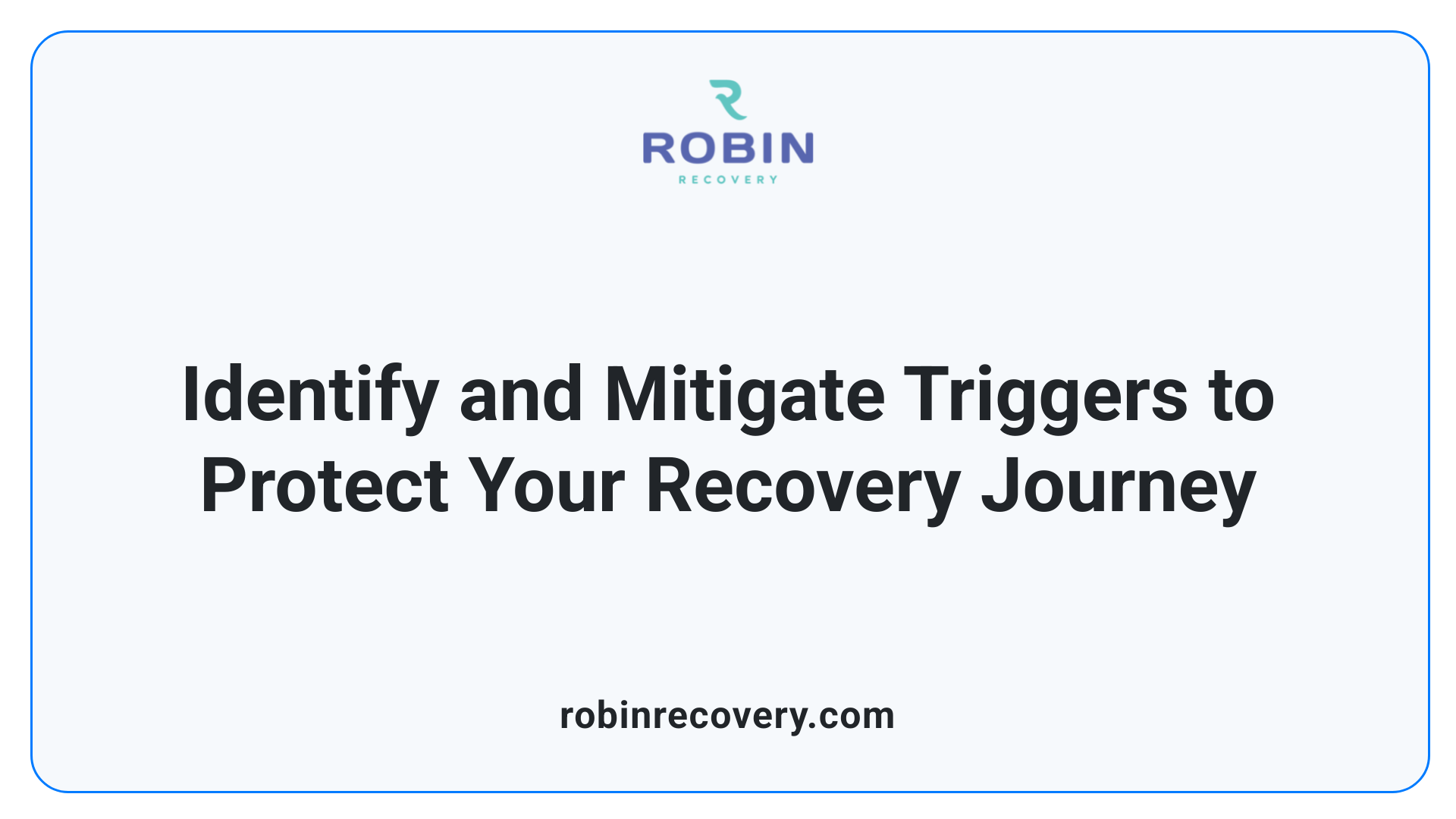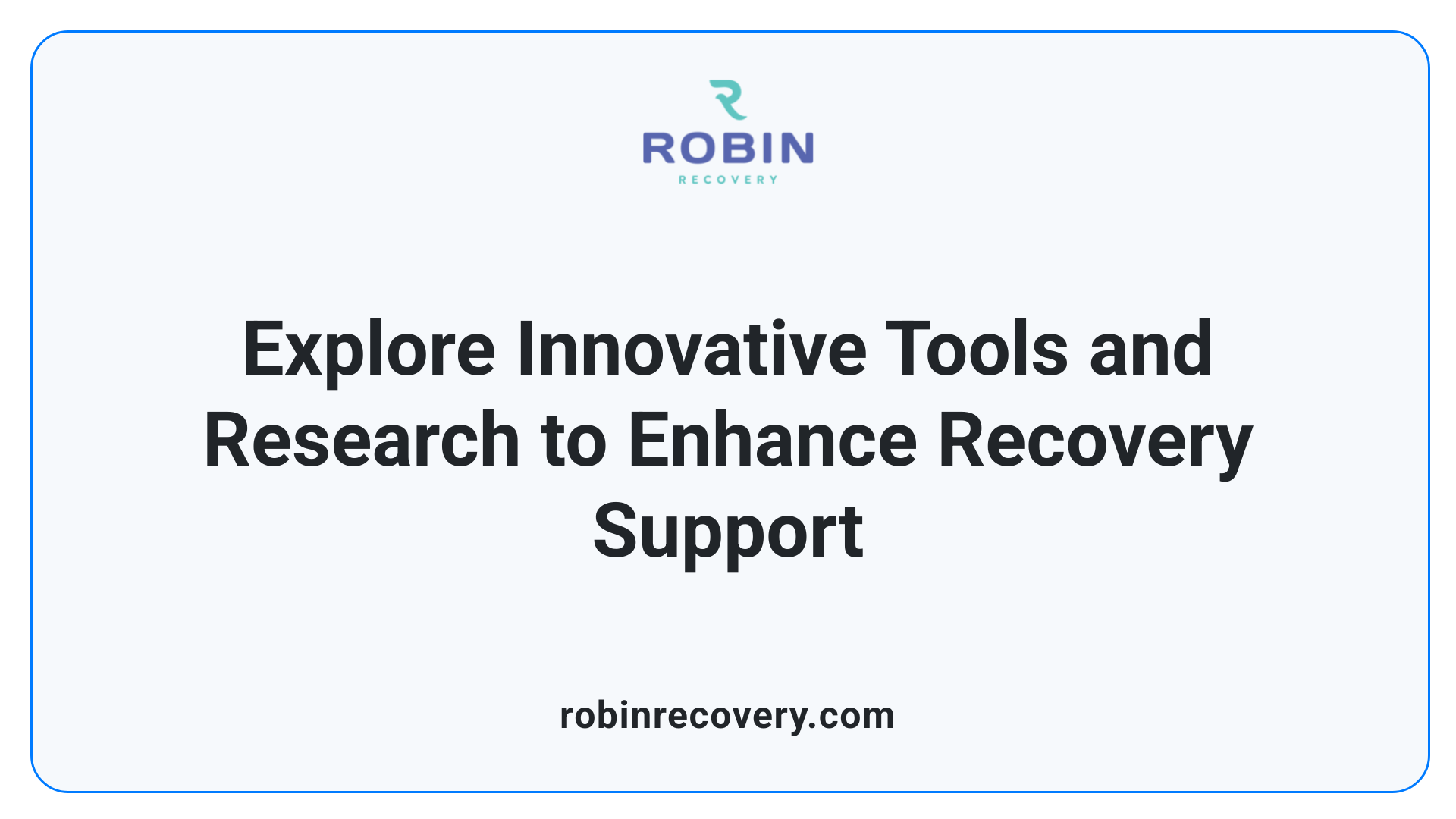The Impact of Social Media on Recovery Efforts

Understanding Social Media's Dual Role in Recovery
In today's digital age, social media has become a vital component of daily life, including addiction recovery. It offers both support and risk, shaping recovery journeys in complex ways. This article explores the multifaceted impact of social media on recovery efforts, highlighting recent research, strategies for mindful use, and future directions for harnessing its benefits while mitigating potential harms.
The Dual Nature of Social Media in Recovery
What are the positive and negative impacts of social media on addiction recovery?
Social media plays a complex role in addiction recovery, offering both valuable support and significant risks. On the positive side, platforms like Facebook, Reddit, and Instagram foster online communities where individuals can share their experiences, find motivation, and access vital resources. These support networks help reduce feelings of loneliness and provide encouragement, especially for those who might not have easy access to face-to-face support, such as during social distancing measures.
Additionally, social media enables the sharing of success stories, milestones, and recovery tips, which can inspire and motivate individuals in their sobriety journeys. Creative outlets like art, music, and writing shared online can boost emotional expression and personal growth. Many organizations and rehab centers leverage social media to disseminate educational content, promote awareness, and engage with wider audiences.
Conversely, social media also poses challenges that can hinder recovery efforts. Exposure to drug- and alcohol-related content, images, and discussions can act as triggers, reigniting cravings and risking relapse. A 2022 investigation revealed that platforms like Instagram might guide users toward substance-related content more easily than logging off, increasing the likelihood of temptation.
Furthermore, social media's addictive qualities—such as dopamine release during notifications or likes—can lead to compulsive usage, distraction from recovery goals, and reinforcement of unhealthy coping behaviors. Overuse can also contribute to mental health issues like depression, anxiety, and low self-esteem, especially when individuals compare themselves to curated portrayals of others' lives.
Managing social media use involves setting boundaries, curating feeds to avoid triggering content, and engaging mindfully. Utilizing online support groups and recovery apps offers positive ways to harness the platform's potential. Ultimately, balancing its benefits with awareness of its pitfalls is essential for supporting long-term recovery.
The Psychological Impact: Support and Stressors

How does social media influence mental health and recovery during addiction recovery?
Social media plays a complex role in the mental health of individuals recovering from addiction. On one hand, it offers valuable resources such as online support communities, motivational stories, and access to virtual therapy, which can foster a sense of connection, hope, and practical guidance during the recovery journey.
On the other hand, social media can act as a source of stress and temptation. Exposure to substance-related content, images, or discussions can trigger cravings and relapse. Social comparison, especially when confronted with curated images of seemingly perfect lives, can lead to feelings of inadequacy, low self-esteem, and distress.
Heavy or unmanaged use of social media often correlates with increased levels of anxiety, depression, and emotional distress. These mental health challenges can complicate recovery by affecting motivation, resilience, and emotional stability.
To harness social media's supportive potential while minimizing risks, individuals in recovery are encouraged to practice mindful engagement. This includes setting privacy and usage boundaries, curating feeds to avoid triggering content, and seeking professional support when needed.
Ultimately, a balanced approach that recognizes both the helpful and harmful aspects of social media can significantly impact the mental health and success of recovery efforts.
Triggers and Hazards: The Risks Embedded in Online Platforms

How can potential triggers related to social media use during recovery be identified and mitigated?
Social media platforms can be full of triggers that threaten progress in addiction recovery. These triggers often come in the form of substance-related content, images, or posts that glamorize drug and alcohol use.
To identify these risks, individuals should pay attention to the accounts and content that evoke negative emotions, cravings, or memories of past substance use. Recognizing patterns, such as certain themes or profiles, helps in understanding personal vulnerabilities.
Mitigation strategies are essential to avoid falling into these traps. One effective approach is to unfollow or mute accounts that share triggering content. Many platforms also offer privacy settings and content filters that can block or hide substance-related posts.
Setting specific time limits using app management tools or platform features can reduce overall exposure and reliance on social media. Regular digital detoxes—dedicating set periods away from screens—are also beneficial, promoting mental clarity and self-care.
Developing alternative activities like hobbies, physical exercise, mindfulness practices, and connecting face-to-face with support groups creates healthier routines and resilience against online temptations.
Working closely with therapists or recovery mentors helps tailor personalized strategies. They can assist in identifying individual triggers and designing action plans to handle social media's influence effectively.
By actively managing social media exposure and focusing on supportive, sober environments online and offline, individuals can better protect their recovery journey.
More information search terms
For further insights, searching "social media triggers in addiction recovery" provides valuable articles, studies, and community advice to understand and navigate risks more confidently.
Strategies for Healthy Engagement and Boundaries

What strategies can individuals use to manage social media use during recovery?
Managing social media effectively is crucial for those in recovery from addiction. Creating clear boundaries helps prevent social media from becoming a source of stress or a trigger for relapse.
One practical approach is setting daily time limits for social media use. Using built-in device features or third-party apps, individuals can restrict screen time to ensure they maintain a healthy balance between online and offline activities.
Curating online content is another vital strategy. This includes unfollowing or muting accounts that promote substance use, partying, or glamourizing unhealthy lifestyles. By doing so, individuals reduce exposure to harmful images or posts that might trigger cravings.
Joining online recovery communities and following sobriety-focused pages offers positive reinforcement and a sense of belonging. These platforms provide motivation, shared experiences, and support, all of which are essential for sustaining recovery.
Practicing mindfulness and self-awareness is also key. Recognizing moments when social media use feels compulsive or stressful allows individuals to pause and choose healthier activities.
Engagement in offline pursuits can significantly bolster recovery efforts. Hobbies like reading, sports, or creative arts, coupled with face-to-face interactions, foster emotional well-being and lessen dependence on digital validation.
By combining these strategies—setting boundaries, curating content, engaging in supportive communities, and prioritizing real-world connections—people in recovery can harness social media's benefits while minimizing its risks, promoting sustained sobriety.
Best Practices for Safe and Effective Use

Are there best practices for engaging with social media safely and effectively during recovery?
Yes, managing social media use carefully is vital for individuals in recovery from addiction. Strategies that promote safe engagement can protect mental health and support ongoing sobriety.
One of the most important steps is setting clear boundaries around screen time. Limiting the amount of time spent online prevents overload and helps maintain focus on recovery goals. Curating your feed to include supportive, recovery-oriented content—such as success stories, motivational quotes, and informational resources—can reinforce positive behaviors.
Using private or recovery-specific online groups provides a safer environment. These closed communities allow for sharing experiences and receiving support without exposure to potentially harmful or triggering content.
Avoiding toxic individuals and comparisons on social media is crucial. Comparing oneself to curated images or lifestyle portrayals can undermine self-esteem and increase insecurities. Instead, focus on authentic connections that foster encouragement.
Balancing online activities with offline interactions enhances overall well-being. Engaging in face-to-face relationships, hobbies, and physical activity can reduce reliance on social media for emotional needs.
Periodically taking breaks—digital detoxes—helps decrease emotional distress tied to social media. Such pauses foster mindfulness, allowing recovery efforts to stay centered.
Protecting personal privacy by sharing carefully and avoiding the disclosure of sensitive information is essential. Being cautious about what is posted online reduces vulnerability to scams or undue influence.
In summary, adopting these best practices—setting boundaries, curating content, using private groups, balancing activities, and respecting privacy—can make social media a helpful tool in recovery rather than a hindrance.
Emerging Technologies and Future Research Directions

What are some future directions or ongoing research into the role of social media in recovery efforts?
Research into how social media impacts recovery from addiction is continually evolving. Future investigations will aim to develop personalized, evidence-based strategies that maximize the supportive potential of online communities while reducing associated risks.
One promising area involves the use of AI-driven content curation and tailored support tools. These technologies can help individuals access recovery resources that are most relevant to their needs, reducing exposure to triggers such as drug-related content or idealized lifestyles that might lead to relapse.
Evaluating the effectiveness of online support systems over the long term is also a priority. Researchers seek to understand how participation in virtual communities affects mental health, employment, social skills, and overall well-being. This includes assessing whether digital interactions can facilitate sustained recovery and whether they translate into offline improvements.
Addressing disparities in access to digital recovery tools is crucial. Not everyone benefits equally from online platforms, especially underserved populations or those with limited internet connectivity. Future research aims to include diverse user groups to develop inclusive, equitable solutions.
Mechanisms behind social media's influence on recovery are under close examination. Understanding how online interactions transfer to real-world social support, emotional resilience, and behavioral change will inform future interventions.
Finally, ensuring that digital recovery tools are accessible and acceptable across different demographic and socioeconomic groups remains a goal. Engaging users in co-creating these tools will help align innovations with real-world needs.
Technology/Focus Area Purpose Expected Outcome AI-driven content curation Personalize support and minimize triggers Increased engagement and reduced relapse risk Long-term outcome studies Evaluate sustained effects of online communities Better understanding of benefits and limitations Disparity and access research Promote equitable access Increased inclusivity of digital recovery tools
By focusing on these directions, future research aims to refine social media's role as a supportive, effective component of addiction recovery—and to do so with an eye toward fairness and long-term success.
Conclusion: Navigating a Path Forward
The importance of mindful social media use
In the context of addiction recovery, social media serves as both a supportive resource and a potential source of risk. The key lies in approaching these platforms with mindfulness, setting boundaries, and curating online content to avoid triggers. Limiting screen time, avoiding substance-related posts, and practicing digital detoxes can help manage the negative impacts of social media while allowing individuals to benefit from community support and motivational content.
Building resilient recovery support systems
Effective recovery hinges on strong support networks that include online communities, professional guidance, and personal relationships. Social media platforms offer access to 24/7 support groups and inspiring success stories, which can deepen feelings of belonging and reduce loneliness. Incorporating recovery-focused apps like Sober Grid, I Am Sober, and Twenty-Four Hours A Day further strengthens resilience by providing motivation, peer encouragement, and spiritual growth opportunities.
Encouraging ongoing research and adaptation
As social media continues to evolve, ongoing research is essential to understand its full impact on recovery. Health professionals and recovery organizations should advocate for adaptive strategies that incorporate technological advances, ensuring that social media remains a helpful tool rather than a hindrance. Developing guidelines, increasing awareness of online hazards, and tailoring interventions can maximize positive outcomes while reducing relapse risks.
Aspect Benefits Risks / Challenges Recommendations Support networks Emotional connectivity, motivation Overexposure, online conflicts Curate feeds, limit time, participate in verified groups Educational resources Accessible information, treatment tips Misinformation, triggers for cravings Verify sources, follow trusted professional accounts Personal growth Creative outlets, shared milestones Social comparison, low self-esteem Focus on personal progress, avoid curated ideals Relapse triggers Community motivation Substance-related content, FOMO Block triggers, follow sobriety advocates
By embracing mindful practices, fostering resilient support communities, and supporting ongoing research, individuals in recovery can navigate social media's complex landscape to enhance their path to lasting sobriety.
Charting a Smarter Course
As social media continues to evolve and integrate deeper into our lives, its role in recovery efforts demands careful navigation. The potential benefits—such as community support, accessible resources, and motivation—must be balanced against risks like triggers, mental health impacts, and addiction reinforcement. Developing strategies for mindful, structured, and supportive use can help individuals in recovery harness social media as a tool for resilience and growth. Ongoing research, technological innovations, and user-centered approaches will be vital in creating digital recovery environments that are safe, inclusive, and effective. The future of social media in recovery is promising, provided we harness its power thoughtfully and responsibly.
References
- How Social Media Impacts Addiction Recovery | All Points North
- Social Media and Your Addiction Recovery - Samaritan Inns
- Social Media's Impact On Addiction Recovery
- The Pros and Cons of Social Media When in Addiction Recovery
- How Social Media Impacts Addiction Recovery in Women - Avery Lane
- How Social Media Impacts Addiction Recovery - Conifer Park
- Learn About Social Media's Impact on Addiction Recovery
- How Social Media is Influencing Recovery Communities and ...
